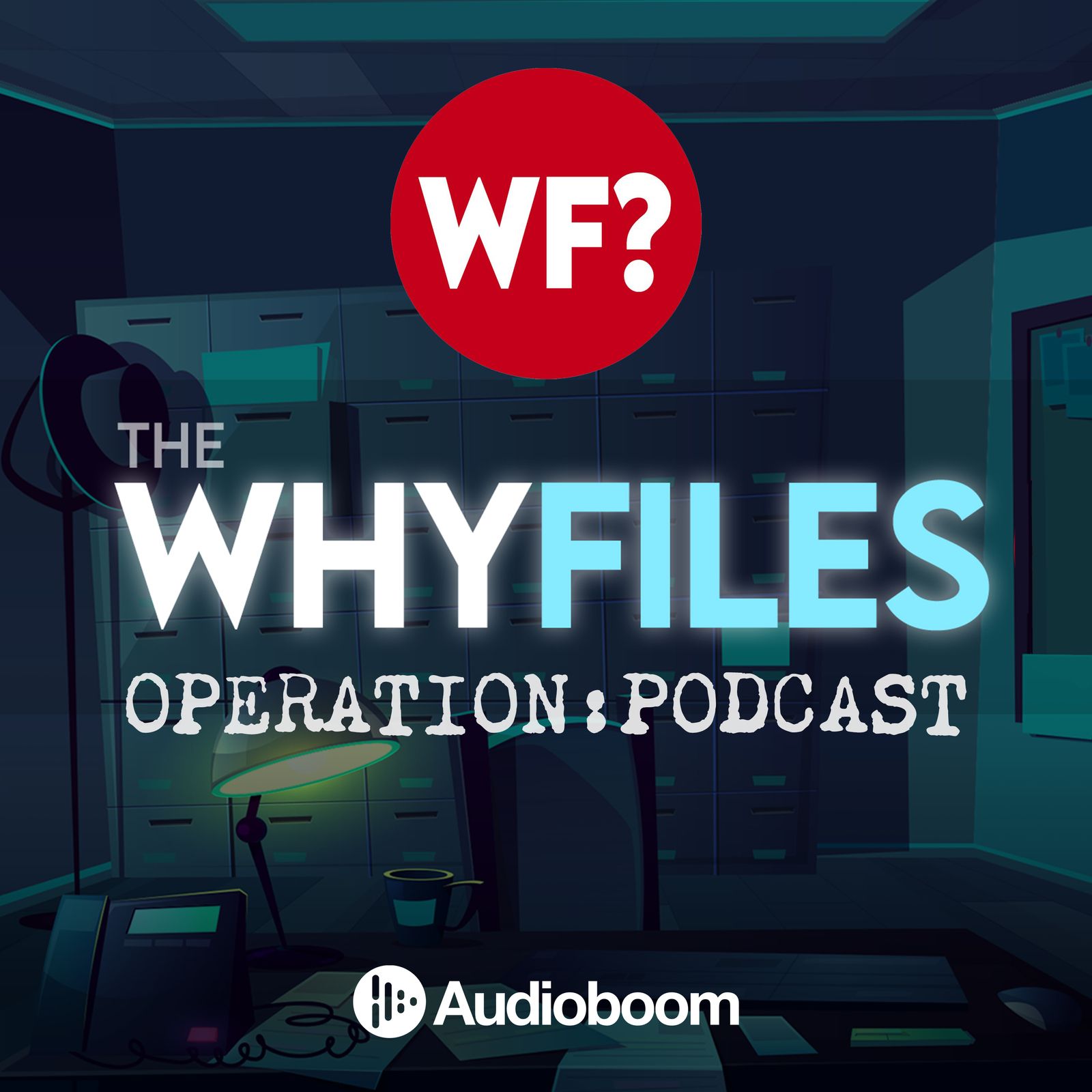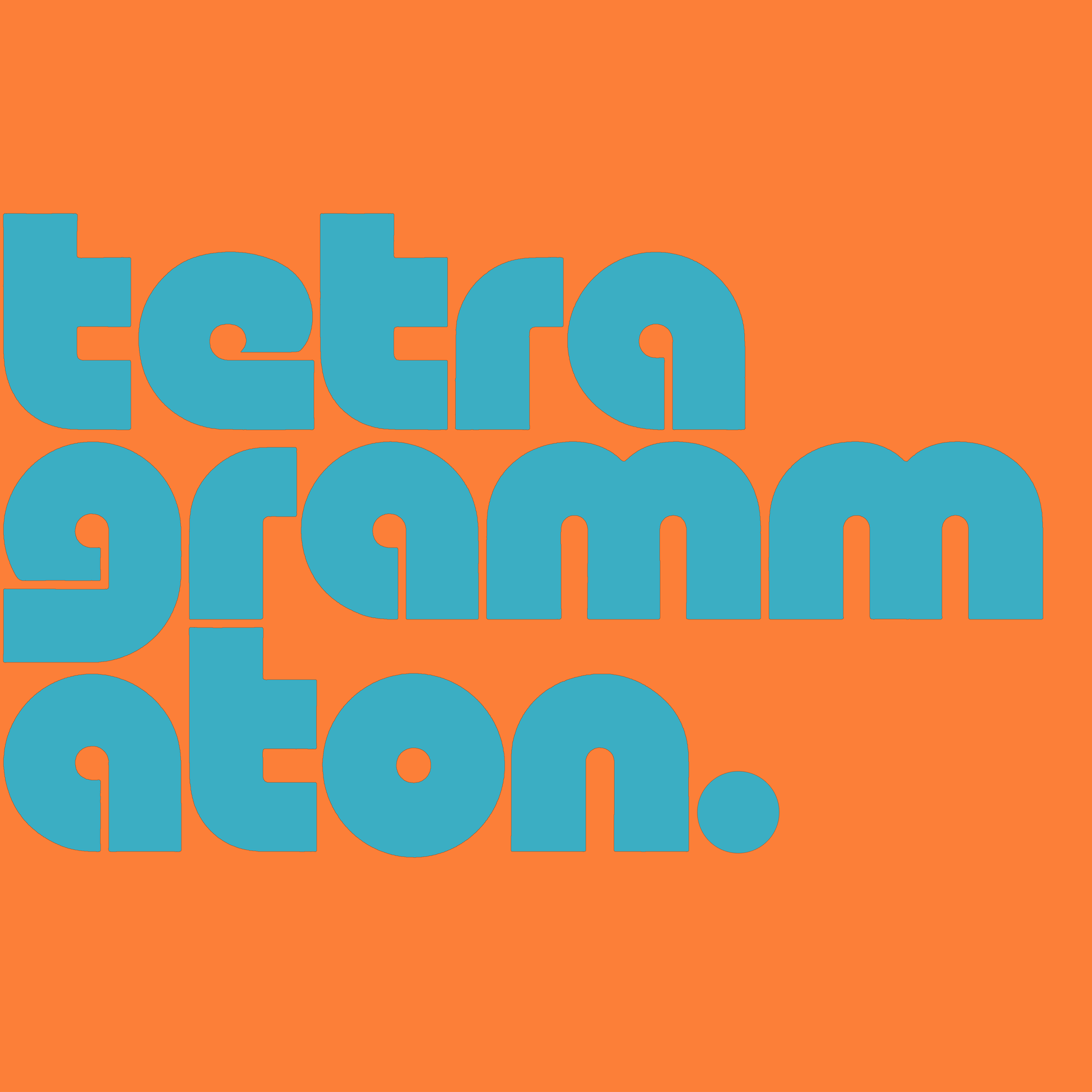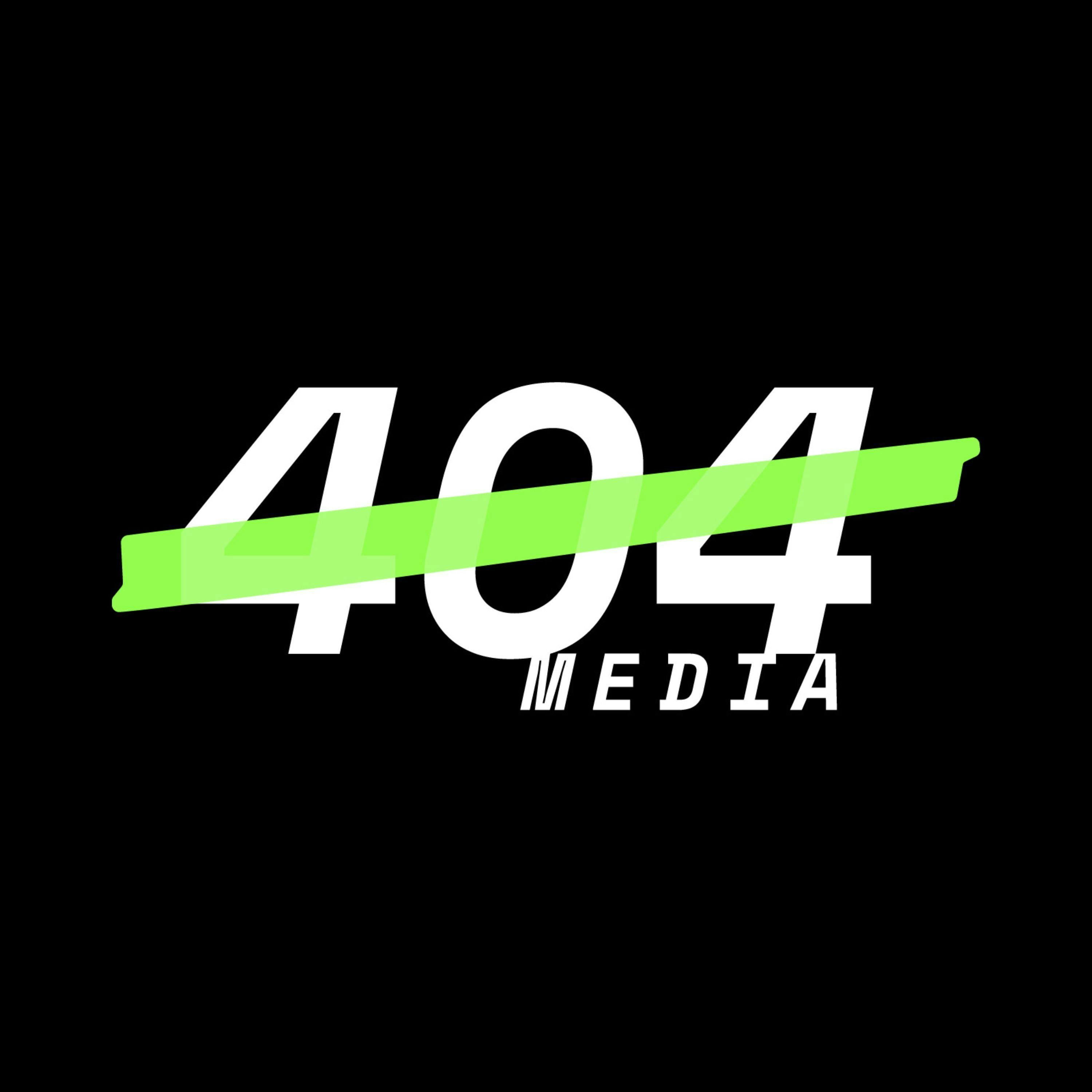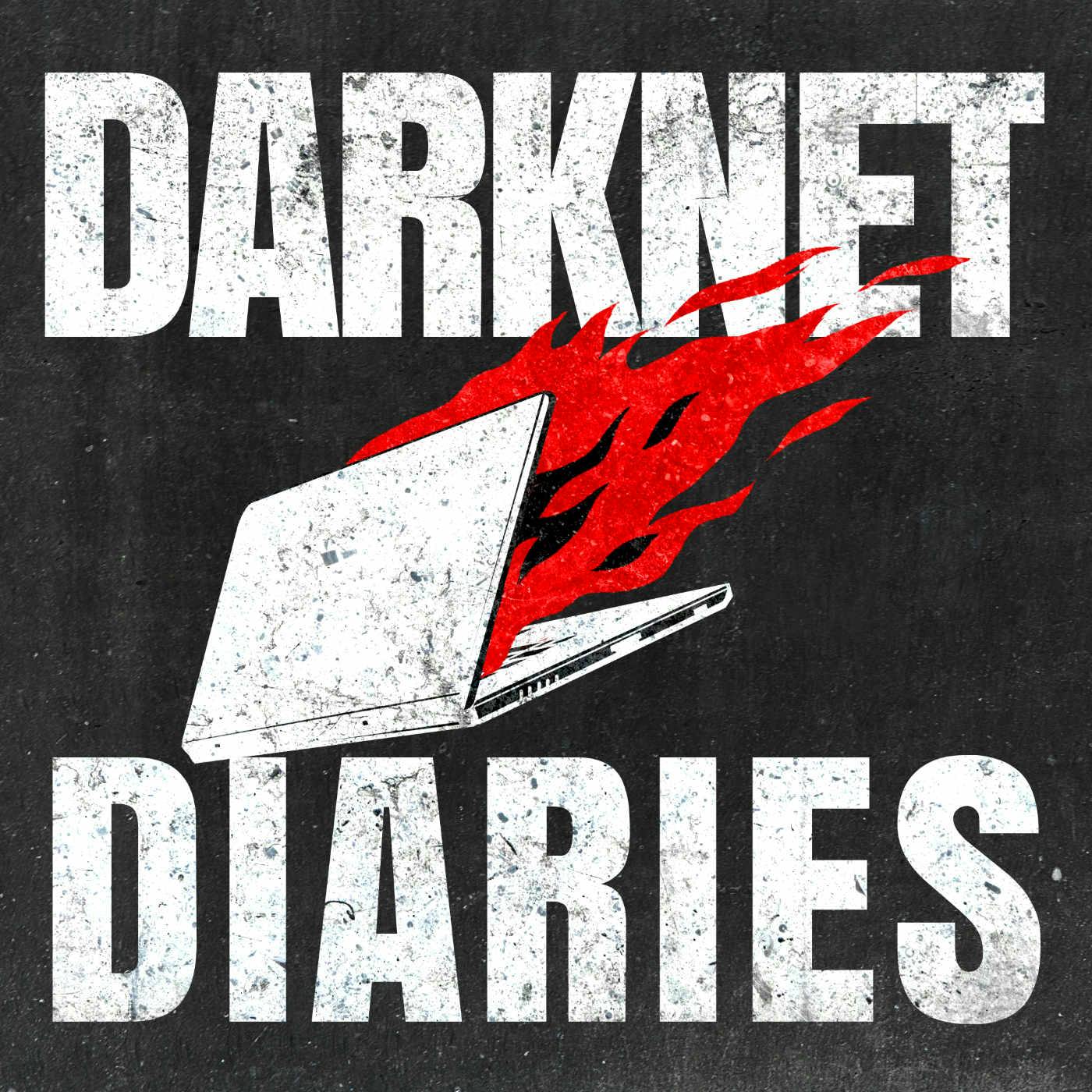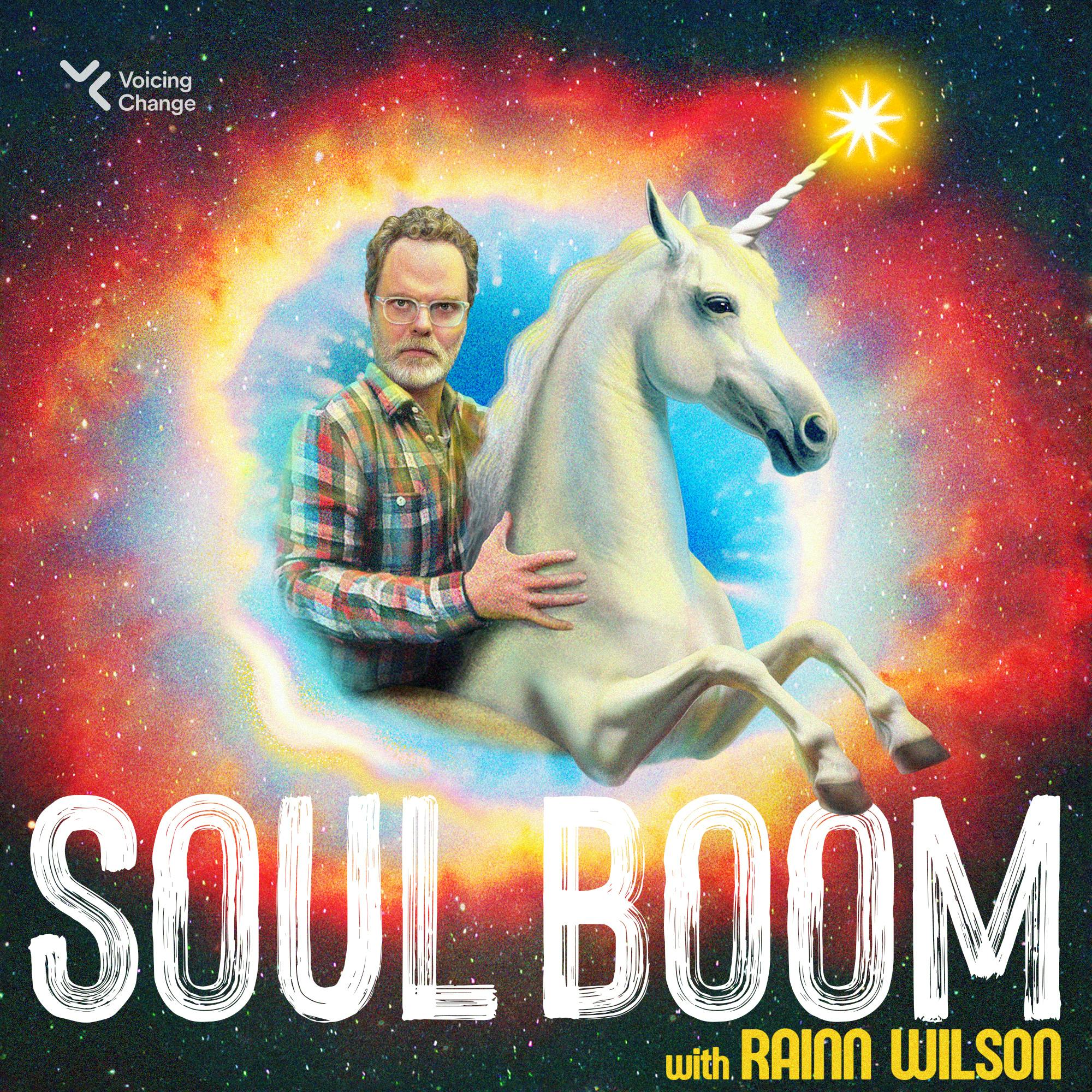Fully Modulated
I’m Tyler, and I’ve been fascinated by radio since getting my first AM/FM radio as a kid. On Fully Modulated, I dive into the history of radio and television, exploring the stories behind the medium and taking you behind the scenes to see how it all works.
From vintage broadcasts to modern digital signals, we break down the technology and uncover the forgotten moments that shaped how we communicate and entertain. Whether it’s the science of transmission or the creative chaos of production studios, I make the complex stuff easy to understand.
This is an independent podcast, not affiliated with any radio station, television network, or media company.
Tune in for the stories that keep us all fully modulated.
Fully Modulated
The Wild History of Pirate Radio: How Offshore Ships and Underground Stations Changed Music Forever
Send me a text message with your thoughts, questions, or feedback
Ever wondered how rock and roll conquered British radio? It all started with rebellious DJs broadcasting from ships in the North Sea. In this episode, we dive into the wild world of pirate radio - from Radio Caroline's first broadcast in 1964 to the underground stations that introduced reggae, house music, and hip-hop to British audiences.
We'll explore how a loophole in international law led to floating radio stations, why the government was so desperate to shut them down, and how pirate radio moved from ships to land when the authorities cracked down. Plus, we'll talk about the fantastic movie "The Boat That Rocked" and why pirate radio's legacy still matters today.
From cramped ships rolling in rough seas to mobile transmitters dodging detection vans, this is the story of the rule breakers who believed the airwaves belonged to everyone - not just the people with licenses.
Topics covered:
- Radio Caroline and the offshore pirate fleet
- The Marine Broadcasting Offences Act of 1967
- Land-based pirates and music revolution
- Kiss FM's journey from pirate to legal
- Cultural impact on marginalized communities
- "The Boat That Rocked" film discussion
Contact & Social:
- Email: tyler@fullymodulated.com
- Facebook: fullymodulated
- Instagram: @fullymodulatedpod
Buzzsprout - Podcast Hosting
Podcast hosting made simple. Sign up and we both get $20 credit when you upgrade to paid plans.
If you enjoyed the show, be sure to follow Fully Modulated and leave a rating and review on Apple Podcasts or your favorite podcast app—it really helps more people discover the show.
Fully Modulated is not affiliated with or endorsed by any station, media company, or network. All opinions are solely my own.
Fully Modulated: The History of Pirate Radio
Episode Transcript
Hey there! Welcome to Fully Modulated, where signal meets podcast. I'm Tyler. Before we jump in, I should mention that Fully Modulated isn't connected to any radio stations or broadcasting companies. Everything you hear today is just my take on things.
So we're talking about pirate radio today - one of the wildest and most rebellious chapters in radio history. When I say pirate radio, I don't mean people with eye patches and parrots broadcasting from ships, though actually, that's not too far off from where this story starts. Pirate radio is basically unlicensed broadcasting - stations that went on the air without government permission, often breaking the law just to bring music and voices to people who couldn't hear them anywhere else.
This is a story about rule breakers, music lovers, and people who believed so strongly in radio that they were willing to risk jail time just to be heard. We'll talk about how pirate radio changed music history, how it challenged government control over the airwaves, and how it gave birth to some of the most important radio stations that still exist today. By the end of this, you'll get why pirate radio wasn't just about breaking rules - it was about breaking down barriers.
Our story starts in the waters off the British coast in the 1960s. So picture this - it's 1964, and if you're a young person in Britain who loves rock and roll, you're pretty much screwed when it comes to radio. The BBC controlled almost all radio broadcasting in the country, and they played maybe two hours of pop music per week. Two hours! The rest was classical music, news, and talk shows that your grandparents might enjoy.
But here's where it gets clever. A group of entrepreneurs realized something about international law. If you're in international waters - that's three miles or more off the coast - you're not technically in any country's territory. So you can't be prosecuted under that country's broadcasting laws.
Enter Radio Caroline. On Easter Sunday, March 28th, 1964, a converted cargo ship called the MV Caroline started broadcasting from the North Sea. The ship was anchored just outside British territorial waters, and suddenly British teenagers could hear non-stop rock and roll for the first time. The DJs were young, energetic, and played all the hits that the BBC wouldn't touch - The Beatles, The Rolling Stones, The Kinks.
The name Caroline came from a photograph of President Kennedy's daughter that the station's founder, Ronan, had seen. He thought she represented youth and freedom, which is exactly what this station was trying to bring to British radio.
So Radio Caroline was an instant hit. Within months, they had millions of listeners. But they weren't alone for long. Soon, other ships joined them in what became known as the "pirate radio fleet." There was Radio London broadcasting from a former World War Two fort, Radio City from an old army fortress, and eventually more than a dozen offshore stations.
These weren't amateur operations either. They had professional equipment, talented DJs, and even advertising revenue from companies who wanted to reach young people. Some of the most famous radio personalities in British history got their start on these pirate ships. Tony Blackburn, who later became a BBC legend, started on Radio Caroline. John Peel, one of the most influential DJs ever, worked for Radio London.
But life on these ships was no joke. DJs lived on board for weeks at a time in cramped conditions. The ships rolled constantly in rough seas, making everyone seasick. Equipment broke down all the time because of the salt air. Supply boats brought food, records, and fresh DJs, but sometimes bad weather meant being stuck for days without supplies.
The weirdest part? These stations were technically legal under international law, but completely illegal under British law. British companies couldn't officially advertise with them, British citizens couldn't officially work for them, and British suppliers couldn't officially sell them equipment. Everything had to be done through creative workarounds and shell companies.
The British government was not happy about these floating radio rebels. They tried everything to shut them down. First, they passed laws making it illegal for British companies to advertise on pirate stations or supply them with equipment. Then they tried jamming their signals. They even sent the Royal Navy to board some ships, though that didn't work too well since the ships were in international waters.
Finally, in 1967, the government passed the Marine Broadcasting Offences Act. This law made it a crime for British citizens to work on offshore pirate stations or supply them. The penalties were serious - up to two years in prison and hefty fines.
One by one, the pirate ships went silent. Radio Caroline tried to keep going, but by 1968, most of the offshore pirates were done. It seemed like the golden age of pirate radio was over. But here's the thing about pirates - they don't give up that easily.
When the ships disappeared, pirate radio moved onto land. Throughout the 1970s and 1980s, hundreds of unlicensed stations popped up across Britain, broadcasting from attics, basements, tower blocks, and even mobile transmitters in vans. These land-based pirates were way harder to catch and way easier to replace when they got shut down.
This is where pirate radio got really important for music history. These land-based stations didn't just play mainstream pop - they introduced British audiences to reggae, soul, funk, and later, house music and early hip-hop. Stations in London's Caribbean communities played music you couldn't hear anywhere else on British radio. When acid house music exploded in the late 1980s, it was pirate stations that spread it across the country.
The most famous of these was probably Kiss FM, which started as a pirate station in 1985. They played dance music 24 hours a day when no legal station would touch it. Kiss was so popular that when the government finally decided to license more commercial radio stations in the 1990s, Kiss was one of the first to get legal status.
But running a land-based pirate station was risky business. The authorities had radio detection vans that could track down illegal transmitters. When they found you, they'd confiscate all your equipment and potentially arrest you. Some pirates got really creative - they'd use remote transmitters that could be operated from miles away, or they'd broadcast from different locations each day to avoid getting caught.
The impact of these pirate stations went way beyond just playing music. They gave opportunities to DJs and presenters who couldn't get jobs at legal stations, often because of discrimination. Many of Britain's most successful black and minority ethnic radio personalities got their start on pirate stations. They also served communities that mainstream radio ignored, broadcasting in languages other than English and focusing on local issues that the big stations didn't cover.
Now, if all this talk about pirate radio ships has got you interested, there's actually a great movie you should check out called "The Boat That Rocked." It came out in 2009 and was written and directed by Richard Curtis, the same guy who made "Four Weddings and a Funeral" and "Love Actually." In North America, they called it "Pirate Radio," but if you can find it, try to watch the original British version because it's longer and has more character development.
The movie stars Philip Seymour Hoffman as an American DJ called "The Count," along with Bill Nighy, Nick Frost, and a whole bunch of other great British actors. It's set in 1966 on a fictional pirate station called Radio Rock, and while it's not a documentary, it really captures the spirit and energy of what those offshore stations were like. The film shows the cramped living conditions, the government trying to shut them down, and most importantly, the pure joy these DJs had in bringing rock and roll to British audiences.
What I love about this movie is that it doesn't try to be a serious historical drama. Instead, it focuses on the fun, rebellious energy that made pirate radio so special. Sure, it takes some liberties with historical accuracy, but it gets the feeling right. The soundtrack is absolutely incredible too - it's basically a greatest hits collection of 1960s rock and pop music.
The movie didn't do great at the box office, which is a shame because it really is an entertaining watch. If you're at all interested in this period of radio history, or if you just want to hear some fantastic music and see a good ensemble cast having fun, I'd definitely recommend giving it a watch.
So there you have it - the wild, rebellious history of pirate radio. From those first offshore ships in the 1960s that brought rock and roll to British teenagers, to the underground stations that introduced new musical genres and gave voices to communities that mainstream radio ignored, pirate radio has always been about way more than just breaking rules.
These stations proved that there was a huge appetite for radio content that the establishment wasn't providing. They forced governments to reconsider who could use the airwaves and what kinds of music and programming deserved to be heard. Many of today's legal radio formats - from album-oriented rock to urban contemporary - trace their roots back to stuff that started on pirate stations.
Even today, in our age of internet streaming and podcasts, pirate radio still exists. It's less common because there are more legal options now, but you can still find unlicensed stations operating around the world, often serving communities that feel left out by mainstream media.
The next time you're scanning through radio stations and you hear something unexpected - maybe a style of music that doesn't fit the usual formats, or a local community voice talking about issues that matter to them - remember that you might be hearing the descendants of those rebellious pirates who decided the airwaves belonged to everyone, not just the people with licenses.
Thanks for tuning in to Fully Modulated today. I hope you enjoyed diving into the fascinating world of pirate radio with me. If this episode got you thinking about radio history, or if you have memories of listening to pirate stations yourself, I'd love to hear from you.
Please help the show grow by following Fully Modulated wherever you get your podcasts. If you're listening on Apple Podcasts or Spotify, taking a minute to rate and review the show really helps other radio enthusiasts find us. And hey, if you know someone who loves music history or radio stories, share this episode with them - word of mouth is still the best way for shows like this to find their audience.
Got questions about radio history or suggestions for future episodes? Drop me an email at tyler@fullymodulated.com. I read every message and I'm always looking for new topics to explore. You can also follow the show on social media - we're @fullymodulated on Facebook and @fullymodulatedpod on Instagram for behind-the-scenes content and updates on upcoming episodes.
Until next time, this has been Fully Modulated, where signal meets podcast. Keep those dials turning and those frequencies clear!

